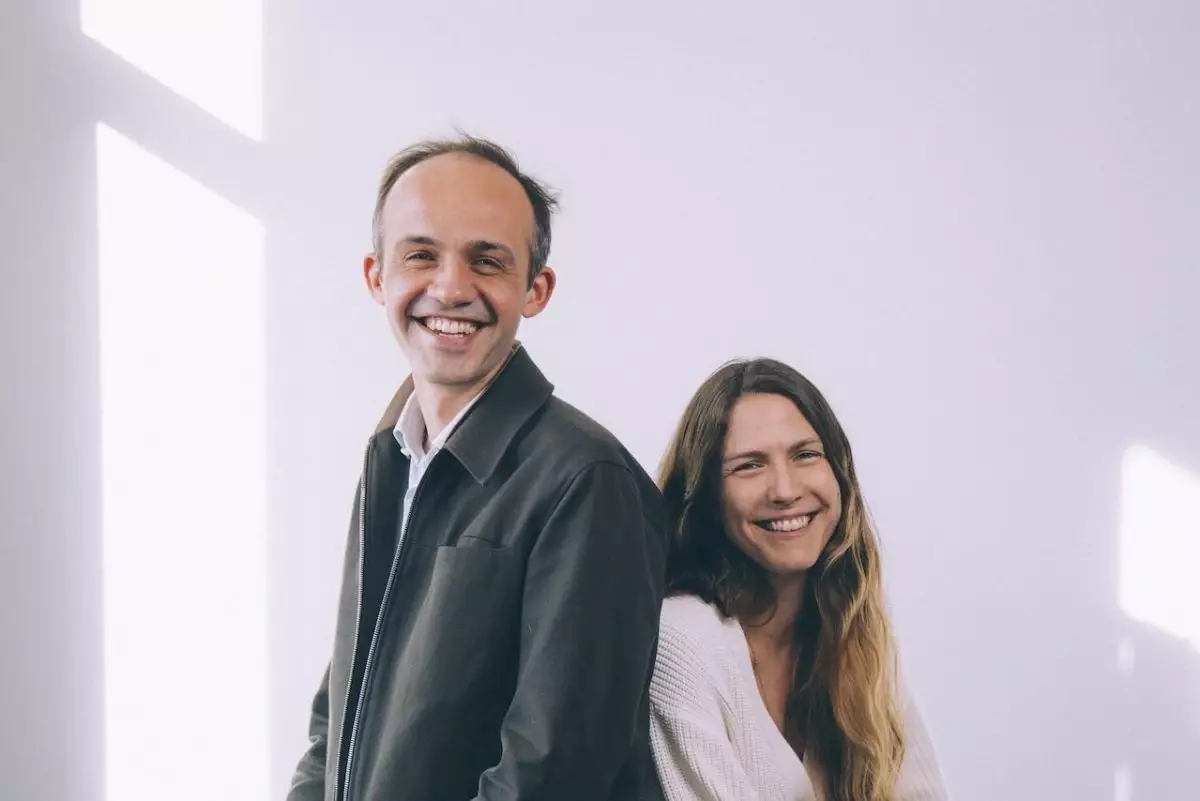In the evolving landscape of biotechnology, Aqemia, a French startup founded in 2019, is making waves by integrating cutting-edge quantum-inspired physics with advanced machine learning techniques to streamline the drug discovery process. Recently, the company announced a significant funding round of $38 million, spearheaded by the San Francisco-based venture capital firm Cathay Innovation. This marks Aqemia’s second fundraising endeavor in 2023 alone, bringing their total funding to over $100 million and solidifying their position within the fiercely competitive domain of pharmaceutical innovation.
This substantial financial backing comes on the heels of Aqemia’s earlier successful €30 million ($31.5 million) funding raise in January. Such financial injections not only bolster the company’s operational capabilities but also illustrate a growing confidence in the potential of artificial intelligence (AI) to revolutionize drug development—a sentiment echoed by the increasing number of startups in this field.
Aqemia stands out by utilizing a unique approach that melds physics with machine learning to train generative AI models aimed at predicting and designing new drug candidates. This cutting-edge methodology focuses primarily on the challenging landscapes of oncology and immuno-oncology. By emulating the interactions of molecules in a simulated environment, Aqemia’s technology circumvents the traditionally labor-intensive and costly practice of relying on experimental data. Instead, it creates synthetic data that can accurately predict the efficacy and behavior of potential drug candidates against specific therapeutic targets.
The globalization of AI in drug discovery is evident in recent high-profile investments across the sector. For instance, companies like Healx have raised approximately $47 million to combat rare diseases, while Formation Bio, backed by tech luminary Sam Altman, secured a staggering $372 million. Meanwhile, Google DeepMind’s groundbreaking AI system, Alphafold, which accurately predicts protein structures critical for drug discovery, has garnered Nobel recognition.
Aqemia has already made substantial headway in the pharmaceutical industry, underscored by a multi-year partnership with French pharmaceutical giant Sanofi. This strategic alliance, potentially worth up to $140 million based on various research and development milestones, illustrates the confidence major players have in Aqemia’s innovative approach. Such partnerships are vital for startups aiming to transition from theoretical models to tangible contributions in healthcare.
With the infusion of $38 million, Aqemia is planning to expand its recruitment efforts and establish a new office in London by early 2025. This expansion is not merely geographic; it is a strategic move to tap into the United Kingdom’s rich pool of talent—a necessary component in scaling their technology to meet global demands. Levesque, one of Aqemia’s founders, expressed enthusiasm about this expansion, noting that it represents significant progress toward their vision of accelerating the global discovery of new medicines.
Aqemia’s impact on drug discovery extends beyond just technical advancements—it also promises to reshape the future of medicine, particularly in the oncology sector, where rapid and effective drug development can save lives. The use of AI could streamline what has traditionally been a lengthy and uncertain process, thereby potentially reducing the time from discovery to clinical application.
Moreover, the participation of Cathay Innovation in Aqemia’s funding round highlights a vital trend: the synergy between international venture capital and innovative biosciences. This collaborative environment fosters an ecosystem where technology and health converge, creating a fertile ground for breakthroughs in drug discovery.
Looking into the future, Aqemia’s journey is emblematic of the broader shifts in the pharmaceutical industry, heralding a new era where AI plays a central role in drug discovery. With robust financial backing and strategic partnerships in place, Aqemia is well-positioned to leave a lasting imprint on global health. As they embark on this next chapter, the implications of their work extend beyond the laboratory, with the potential to redefine how the world approaches complex diseases.
As Aqemia continues to navigate the intricate domains of biotechnology and machine learning, the industry watches closely. Their innovative framework could very well not just change the game for future therapeutics but also lead to breakthroughs that make a substantial difference in patient outcomes around the world.

